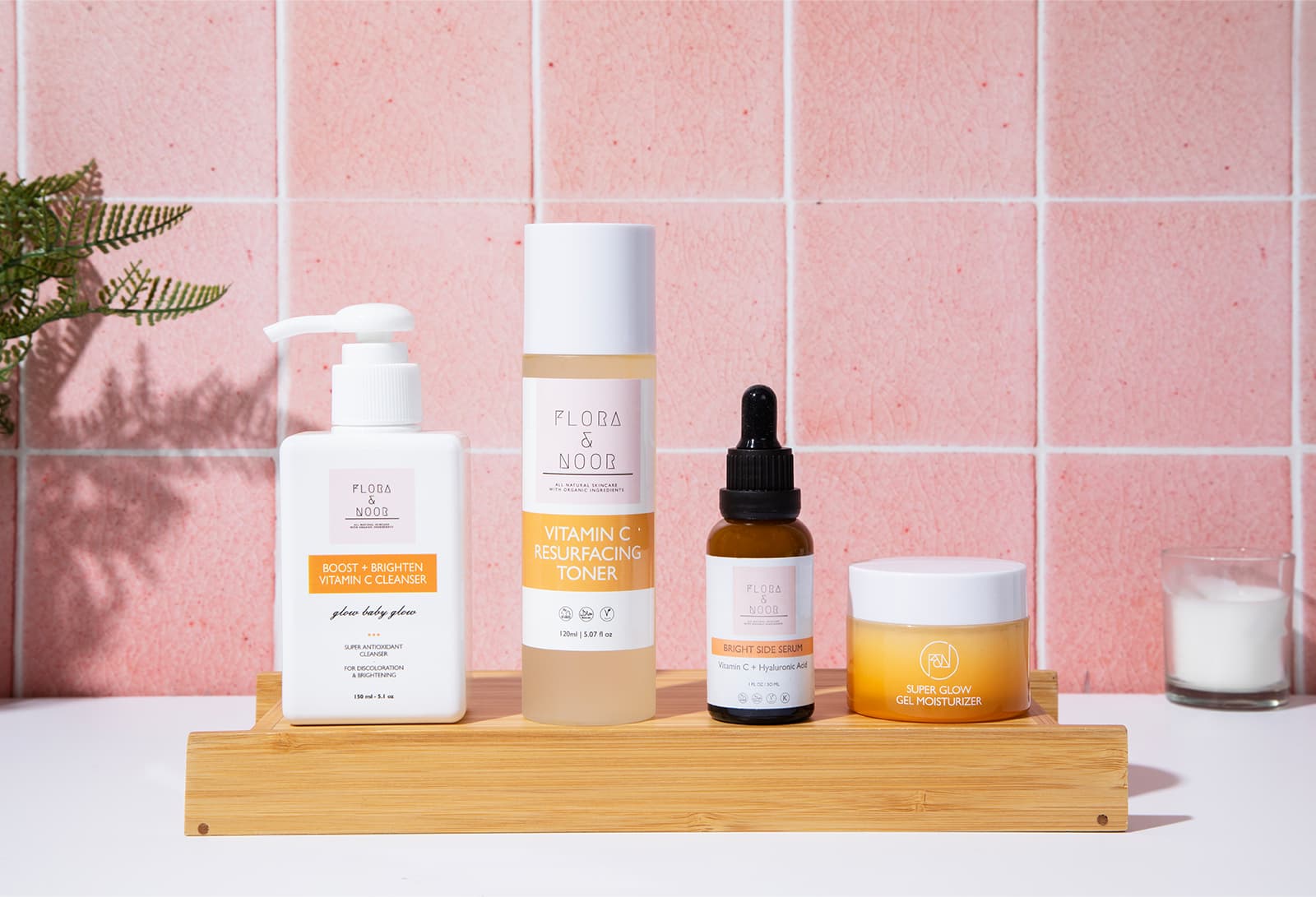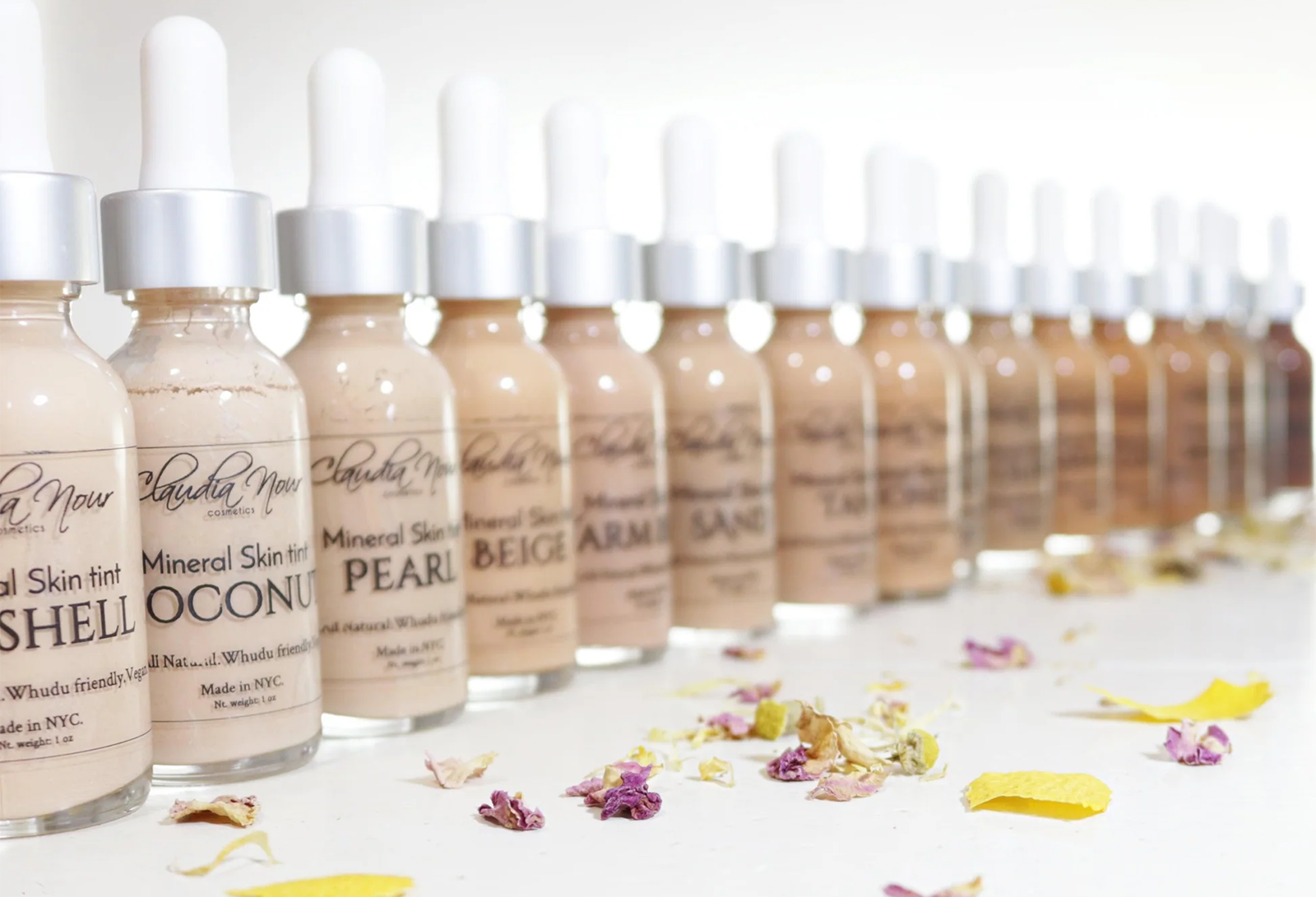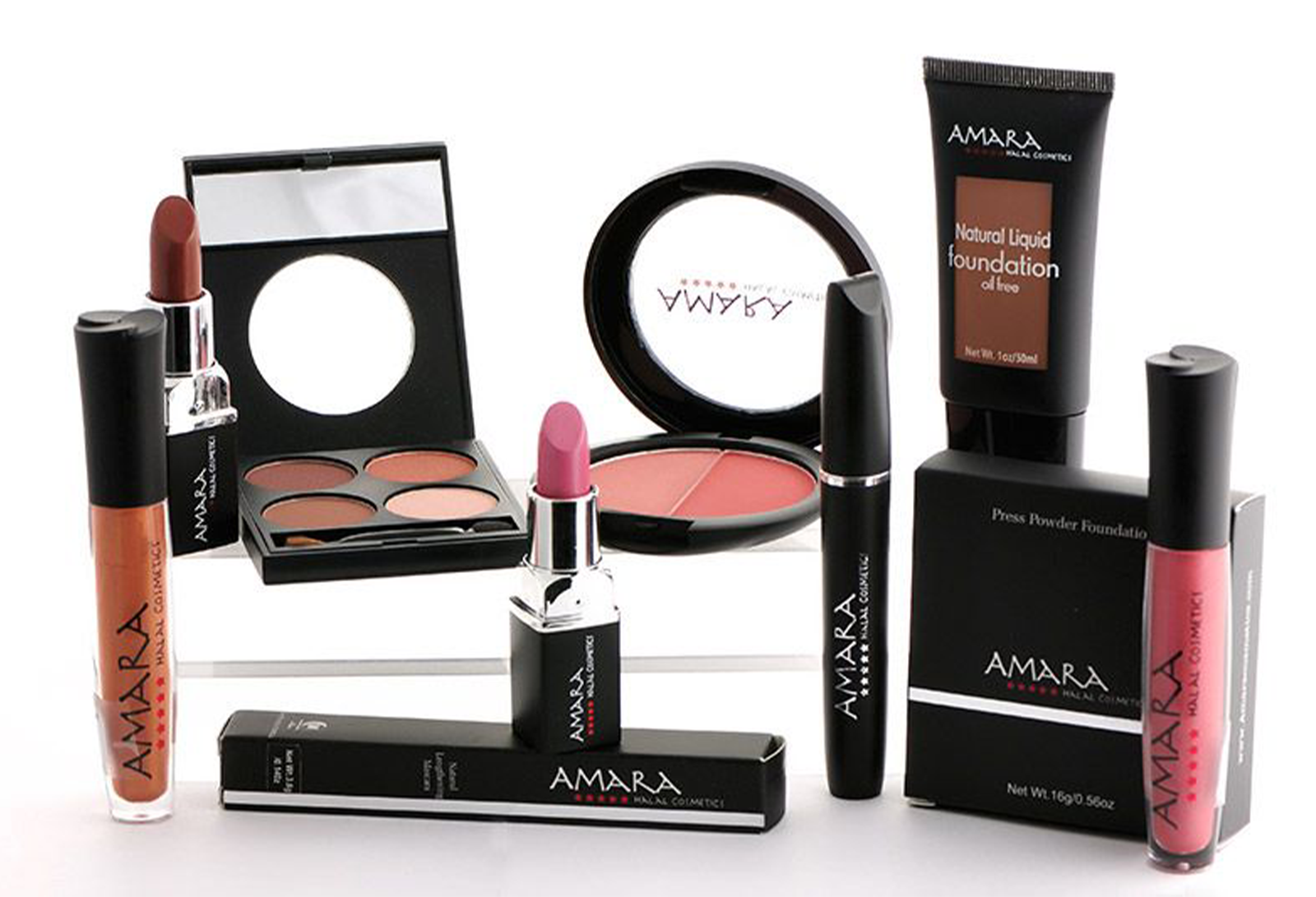For the 1.9 million Muslims worldwide, access to halal beauty options is extremely important. According to Wunderman Thompson’s The New Muslim Consumer report, 91% of Muslims say their number-one priority when purchasing a product is that it is halal. This comes ahead of value for money (68%), quality (61%), and sustainability (48%). However, despite Islam having a large following globally, several brands miss the opportunity to cater to Muslims, with most cosmetics products on the shelves not being halal certified.
The word halal translates from Arabic to “permissible.” To gain halal certification, products must not contain any ingredients from pigs, carrion, blood, predatory animals, reptiles, or insects. As well as this, the entire production process must prohibit any contact with impure products that contain any of the ingredients mentioned above. If, for whatever reason, cross-contamination does occur, the entire production cycle must be sanitized according to the standards of HACCP (Hazard Analysis Critical Control Point) regulations, with this process needing to be rigorous and well-documented.
Alcohol is another factor that is considered when products gain halal certification. In Muslim culture, alcohol is considered haram (forbidden) as it is an intoxicant. When it comes to personal care products, the lines are slightly blurred when alcohol is involved. Many Muslims are cautious when it comes to which SKUs they will buy, but do not eschew all alcohol-containing products completely.
Formulas containing common alcohol ingredients cetyl and cetearyl alcohol are considered halal as these alcohols are derived from natural sources, making them suitable for halal-certified skincare and makeup products. However, products containing alcoholic ingredients such as anaerobically fermented ethanol are slightly more hit-and-miss. Ethanol can be easily absorbed into the skin and infused into the blood, meaning that any products containing between 1-15% ethanol are considered haram. However, any products containing <1% ethanol are halal certified, as this concentration level cannot enter the bloodstream.
Before praying, Muslims are required to make wudhu, also known as ablution, the process of cleansing themselves from impure or haram elements through specific steps including washing the face, hands, and mouth. In order for wudhu to be successful, fake nails, makeup, and other beauty elements are expected to be removed. Halal products, however, do not have to be taken off, making halal-certified offerings even more important to the Muslim consumer.
Recently it was reported that the global halal cosmetics and personal care market size is predicted to increase by over $17.8 billion from 2022 to 2027, with a CAGR of 4.67% during the forecast period. This evidences a clear demand for halal beauty brands and products. Muslims from a range of nations are calling out for personal care and color cosmetic solutions, and these brands are answering:

Flora and Noor: Created by Jordan Karim, Flora, and Noor is the first-ever halal skincare brand to market at Ulta Beauty. Inspired by traditional ingredients from Africa and the Middle East, Flora and Noor focus on popular raw materials from Ghana, Nigeria, and Sudan, such as shea butter. The brand was created as a result of Karim noticing a lack of halal-certified skincare within the US, which often led to her having to stock up on halal products when visiting her extended family in Egypt. Flora and Noor is also available at Thirteen Lune and Amazon, and have recently started a partnership with the ingredient database ClearForMe, which allows consumers to learn more about the benefits of the frequent ingredients the brand uses. Karim hopes that through Flora and Noor, she will be able to educate the younger generation on halal beauty as well as ingredients in a transparent and easily digestible way. In the future, the brand is set to expand to the UK and parts of the Middle East.

Claudia Nour Cosmetics: Marketed as halal and wudhu-friendly, Claudia Nour Cosmetics offers shimmer powders, lipsticks, perfumes, makeup brushes, and more. Makeup is made wudhu-friendly by being water-permeable and allowing water to pass through it and touch the skin when praying, meaning it does not have to be removed before prayer. The brand was created when Nour was seeking out halal makeup that was acne-friendly after she failed to find credible options. On top of retailing products, Claudia Nour Cosmetics also features a blog and YouTube channel that walks consumers through the process of cosmetic creation, gives detailed information on halal and wudhu-friendly processes, and offers a community for Muslims to connect.

Amara Cosmetics: Created in 2010, Amara Cosmetics was the first halal-certified cosmetics brand to be created in North America. The brand aims to provide Muslim women with effective, safe, and religion-abiding cosmetics such as lipsticks, eye products, wudhu-approved nail polishes, and makeup tools. Amara Cosmetics was created after its founder, Shamalia Mohamed, realized that over half of cosmetics on the market contain haram substances, which women are unintentionally consuming through the act of eating and drinking. As well as being halal-certified, the brand is also vegan, cruelty-free, paraben-free, and gluten-free.
Although halal certification is a lengthy process and requires dedication, the liberation such cosmetics bring to their target audience is worth the time, effort, and money required for such a status. As beauty works to become more inclusive, consumers from all walks of life should be considered and catered to accordingly. For brands looking to seek halal certification, the following advisory boards are available: